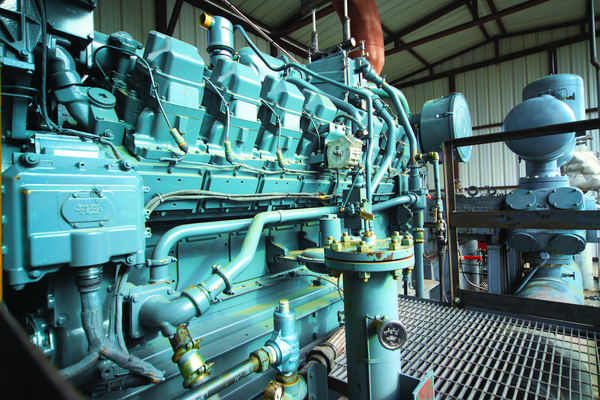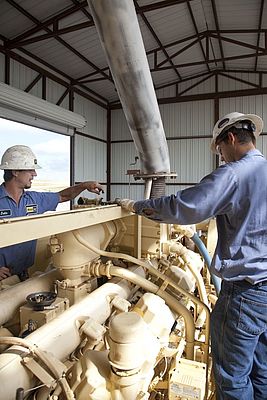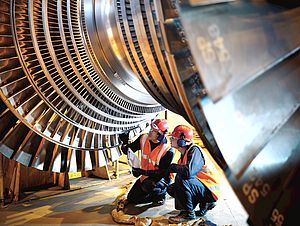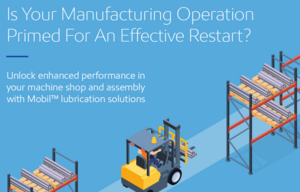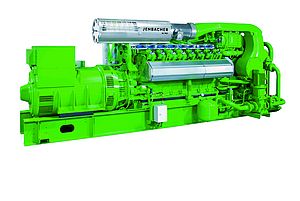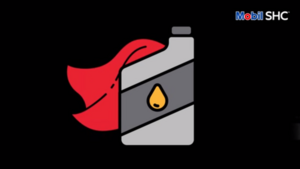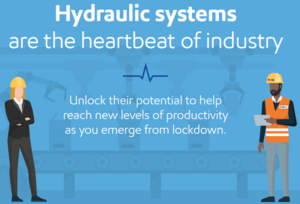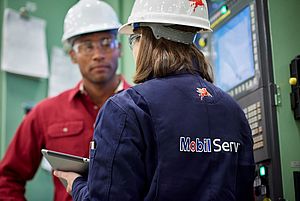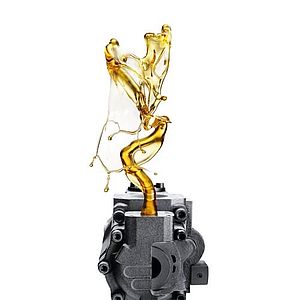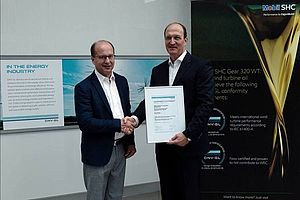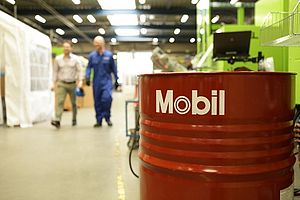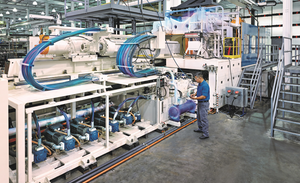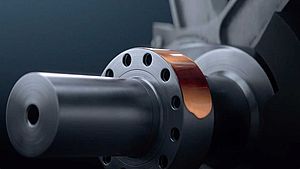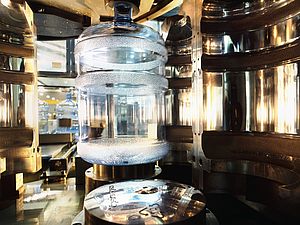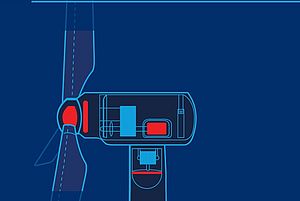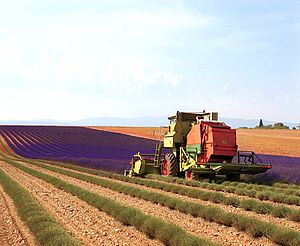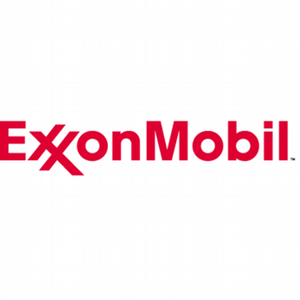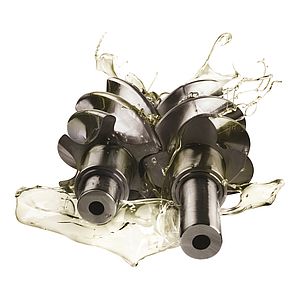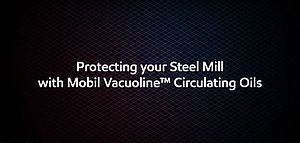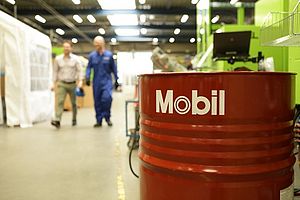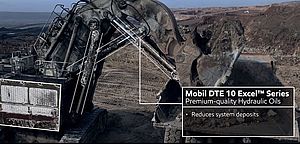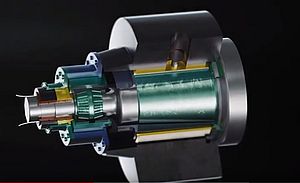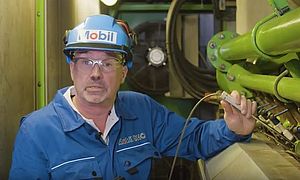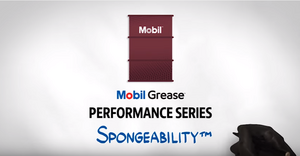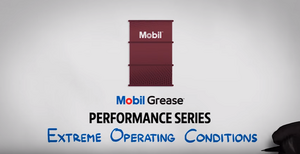I have been working for ExxonMobil since 2009 and it provides me with the opportunity to work as part of a worldwide network of engineers of the highest calibre. The main aspects of my role are to develop application expertise and offer lubrication solutions. I do that by keeping up to date on industry best practices, undergoing continuous technical training and delivering a world class service to customers.
MONDAY
I am primarily responsible for the energy and cement industries. Being a field engineer in this sector involves a nice mix of long term engineering projects and short term problem solving – both of which I enjoy. I start my morning by checking in with our wider European field engineering team to see if there has been any industry or company news that may be of interest to my customers, particularly the ones I am due to meet that coming week. Promoting health and safety is a main priority for ExxonMobil, therefore I am always thinking of how I can help businesses to operate safer sites when reading up on industry developments. Working directly with businesses’ accounts is a core part of my job. For involved customers we have a premium offering, of which we are particularly proud: Planned Engineering Service (PES). PES comprises developing bespoke lubrication solutions, which are designed to help our clients achieve their strategic goals. Mondays are my planning days so that I am ready for the week ahead – come what may!
TUESDAY
Today, I am attending one of my monthly PES project status meetings and the customer is a large power generation company. These reviews are a valuable opportunity for me to check-in and see how projects are progressing, identify any issues and ensure that all is on track to make valuable operational efficiency gains for the business. At the start of the year, the reliability engineer asked for support with a gearbox investigation at the operation’s quarry plant. Ahead of my scheduled visit a number of weeks ago, I carried out in-depth research so as to familiarise myself with the situation. It was suspected that broken teeth were present in the conveyor gearbox. The company was trying to proactively avoid a gearbox failure and I planned my visit with the onsite engineer to coincide with a scheduled conveyor downtime. After safely applying a lock-out tag-out to the gearbox in question, we removed the top plate for a visual inspection. We manually and intermittently operated the gearbox in order to check different gears at alternate angles. It quickly became apparent that the drive gear was suffering from some chipped teeth at two or more locations. We gathered evidence using a digital camera in an effort to collect gearbox and electric motor data and asked the technicians on site for more background information. Finally, I collected an oil sample from the gearbox for analysis. Last week I received the results of the oil analysis and today I am returning to the site to carry out further investigations, including analysing the captured photos.
WEDNESDAY
During our annual engineering planning meeting with a client in the cement industry, one of my PES customers requested support with improving the operation of their main kiln drive. Typically, an open gear on the kiln drive is lubricated with special grease in a total loss system, this process is quite labour intensive for lubricant application and generates a lot of waste product that must be manually removed. However since the gear will undergo a planned profiling later in the year, we have decided to investigate modifying the set-up to a closed system design with automated oil lubrication with a suitable synthetic gear oil. This method typically helps eliminate a significant number of man hours, helps reduce maintenance costs, helps reduce waste removal requirements and, most importantly, improves safety. This project was identified as meeting the key strategic objectives for my customer, improving their processes to enhance productivity and reducing the risk exposure for maintenance engineers. Today I will carry out my initial inspection of the kiln drive gear, to assess the current condition of the gear teeth as a baseline for future performance, and determine what type of mechanical spray system would be best suited for the automated oil delivery.
THURSDAY
Today, I am flying to Aberdeen to deliver a full day training session to a large offshore operator with one of our authorised distributors. As part of this training session, we are going to discuss the issues the company is facing with its offshore equipment and how our products could help. I will also provide training in lubrication fundamentals and used oil analysis interpretation. It is an interactive session and the company has many interesting queries that we talk through. A major focus for the session centres on ExxonMobil’s bespoke used oil analysis programme. The operator wants to know how it works in practice and the expected levels of savings that it could achieve. I take them through a demo video, which details the programme and shares some ‘proof of performance’ stories that document how other companies have achieved considerable savings with the system. I arrive home and file my notes from the week’s many meetings so that I can start documenting my findings and developing the follow up reports tomorrow.
FRIDAY
Fridays are typically spent at my home office developing and updating the project reports from the week’s different meetings. Although I enjoy being out in the field, a particular passion of mine is the research and analytical aspect of my job. The reports I write up detail the efficiency gains and costs savings we have helped to deliver through joint projects with our customers. I take pride in having helped them achieve these results, which impact positively on their businesses and assist them in achieving their goals. After lunch I catch up on emails, this is usually my opportunity to respond to any outstanding queries that were raised during the week. I also use this time to do some admin and to update our internal stewardship tools. From a wider perspective I also assist other teams, such as the marketing function, during this time. A quick conference call in the afternoon keeps the entire field engineering team in the wider European network updated on the status of various projects and any best practices to be shared. As we communicate so frequently, the team spirit is really strong and I look forward each week to hearing the progress status of the different projects that the team is delivering. At five o’ clock it is time to power down the computer for the weekend, I’ve planned a big hike first thing tomorrow morning with friends so tonight will be spent getting supplies ready and prepping the route, before hitting the hay early.



